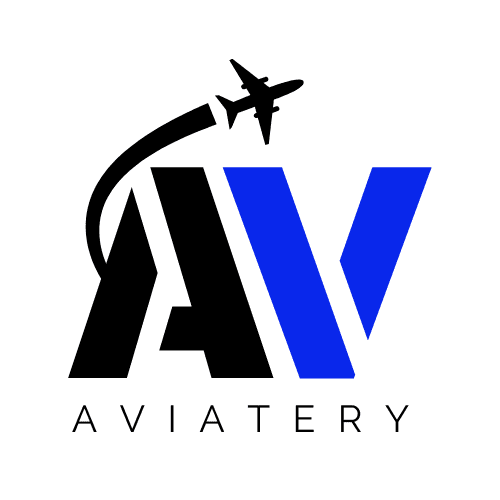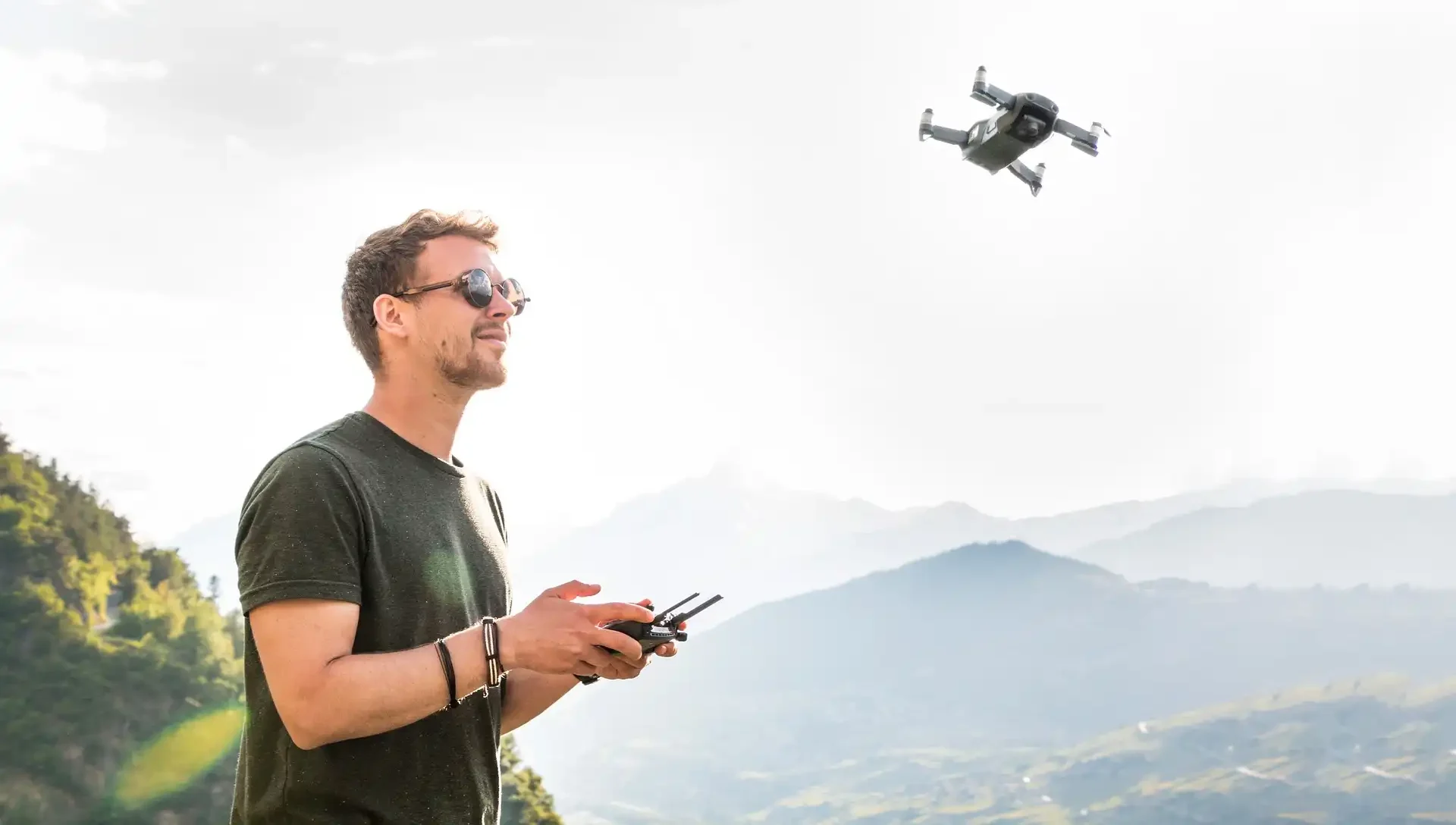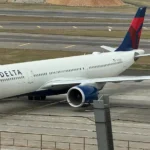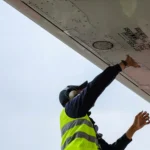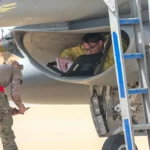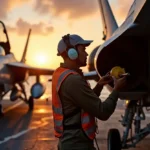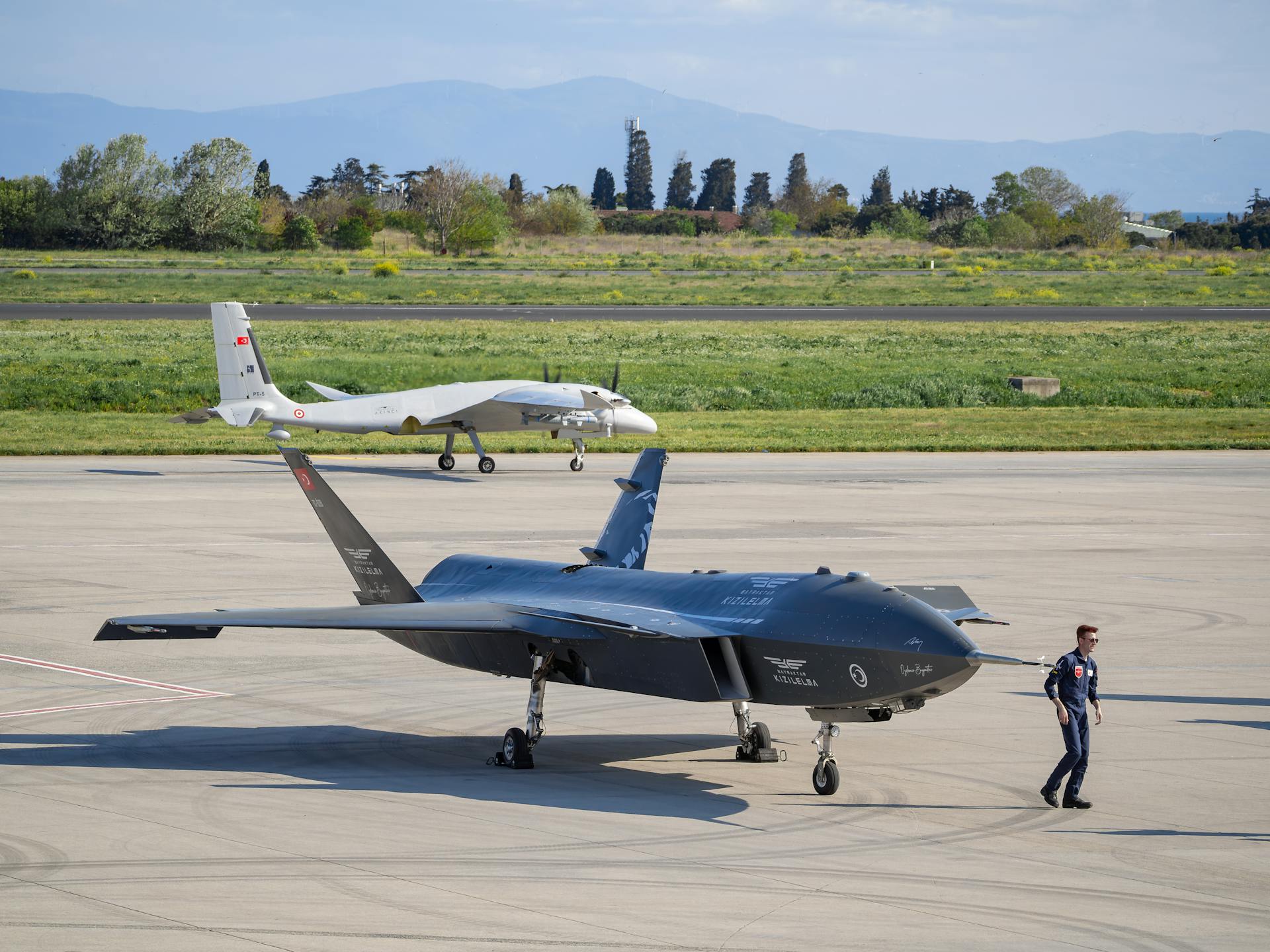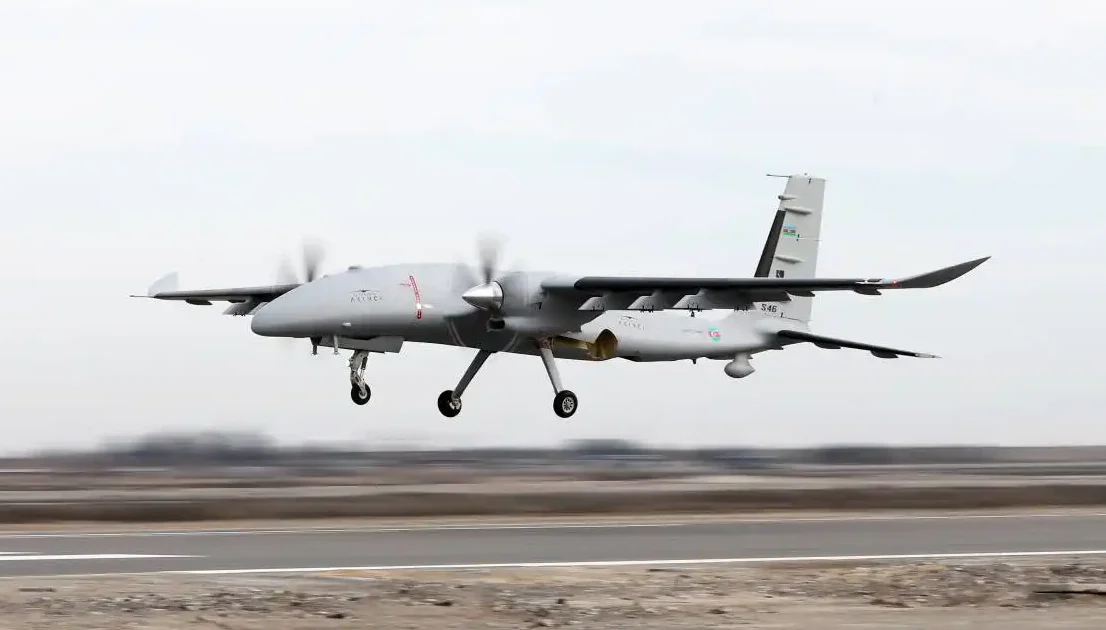Wondering how to become a drone pilot without a license? While commercial drone operations require FAA certification, there are completely legal ways to fly drones without going through the lengthy and expensive licensing process. This comprehensive guide explores seven legitimate pathways to piloting drones without formal certification, helping you take to the skies faster and more affordably.
Understanding Drone Regulations: When You Don’t Need a License
Contrary to popular belief, not all drone flying requires official licensing. The FAA (Federal Aviation Administration) has created specific exemptions that allow recreational pilots to operate certain unmanned aircraft without formal certification. According to the FAA’s recreational flying guidelines, you can legally fly drones without obtaining a Remote Pilot Certificate (commonly called a “drone license”) under several conditions.
The key distinction lies in the purpose of your flight: recreational vs. commercial use. As drone technology expert John Walsh explains in Drone Life magazine, “The moment you accept compensation for your drone activities, you cross into territory requiring proper certification.”
7 Legal Ways to Become a Drone Pilot Without a License
If you’re looking for how to become a drone pilot without a license, here are seven legitimate approaches:
- Recreational Flying Under The Exception for Limited Recreational Operations The FAA allows hobbyists to fly drones weighing less than 55 pounds without certification when following basic safety guidelines and flying for personal enjoyment only.
- Flying Micro Drones (Under 250g) Ultralight drones like the DJI Mini series fall under the 250-gram threshold, exempting them from registration requirements in many situations, making them ideal for new pilots.
- Flying in Dedicated Drone Parks and AMA Fields The Academy of Model Aeronautics maintains over 2,400 sanctioned flying fields where recreational pilots can practice legally without certification.
- Indoor Drone Flying FAA regulations apply to outdoor airspace, so flying drones inside buildings, arenas, or netted facilities doesn’t require a license regardless of the drone’s size or your purpose.
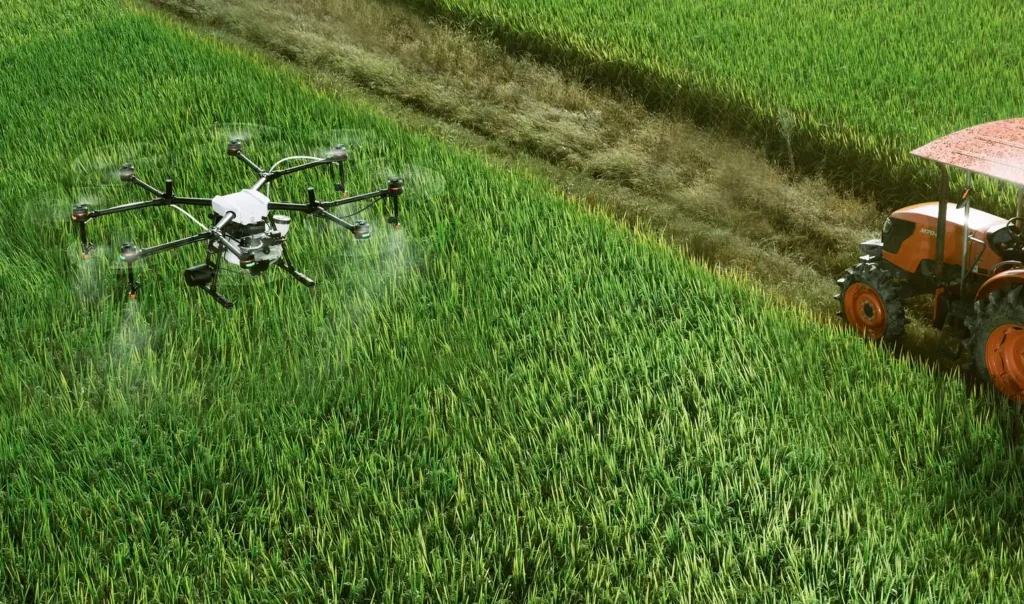
- Educational and Research Programs Many academic institutions have special permissions for drone operations under educational exemptions, allowing students to learn how to become a drone pilot without a license through classroom programs.
- Flying Under Part 107-Certified Supervision You can legally operate a drone while supervised by a licensed pilot who maintains visual line of sight and assumes responsibility for the flight.
- Foreign National Recreational Flying Visitors to the US can fly recreationally under the same exemptions as US citizens without obtaining special certification during their stay.
To ensure your activities remain within legal boundaries while learning how to become a drone pilot without a license, always follow these essential practices:
- Register drones weighing 250g to 55lbs with the FAA (a simple online process distinct from licensing)
- Keep your drone within visual line of sight
- Fly below 400 feet in uncontrolled airspace
- Never fly near airports, emergency operations, or restricted zones
- Download the B4UFLY mobile app to check airspace restrictions
Understanding these regulations empowers you to enjoy drone flying legally while making an informed decision about whether to pursue formal certification later. For many hobbyists looking to learn how to become a drone pilot without a license, these pathways provide sufficient access to the exciting world of drone aviation.
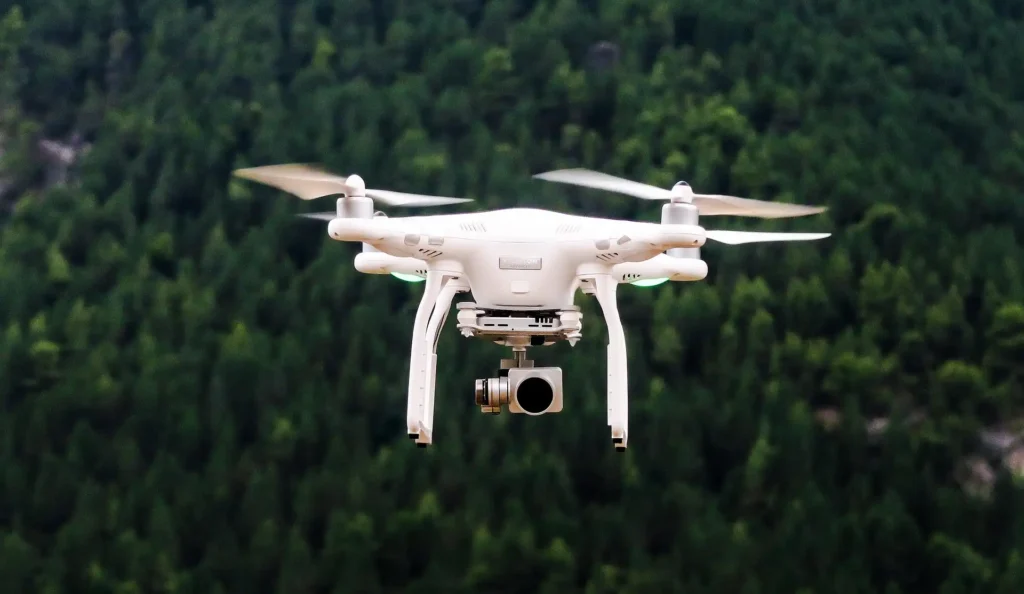
When to Consider Getting Licensed Despite the Exemptions
While these options allow you to experience drone flight without certification, certain situations may eventually warrant obtaining your license:
- If you want to monetize your drone skills in any way
- For flying larger, more advanced drones in complex environments
- When interested in specialized operations like night flying
- If pursuing professional opportunities in drone photography or inspections
According to the Association for Unmanned Vehicle Systems International, the commercial drone industry is projected to create over 100,000 jobs by 2025, making certification valuable for those considering future career opportunities.
FAQ About Becoming a Drone Pilot Without a License
Can I fly FPV (First Person View) drones without a license? Yes, you can fly FPV drones recreationally without a license, but you must have a visual observer maintaining line of sight with the drone at all times. This person must be able to see the drone directly without visual aids and maintain communication with you throughout the flight.
What’s the difference between drone registration and drone licensing? Registration is simply entering your drone into the FAA database and affixing an identification number to your aircraft. Licensing (Part 107 certification) involves passing a knowledge test and being certified to operate drones commercially. Most recreational pilots only need registration, not licensing.
Are there age restrictions for flying drones without a license? There’s no minimum age requirement for recreational drone flying, though children should be supervised. For comparison, obtaining a Part 107 license requires you to be at least 16 years old.
What penalties might I face for flying without a license when one is required? Flying commercially without proper certification can result in FAA penalties up to $32,666 per violation, and potentially criminal charges for serious infractions. Always ensure your activities qualify for recreational exemptions if flying without a license.
Can I use automated flight features without a license? Yes, even automated features like return-to-home, orbit, and programmed flight paths are permitted in recreational drones without licensing, provided you maintain the ability to take manual control and follow all other recreational flying guidelines.
What should I do if I accidentally fly into controlled airspace without a license? Land immediately, document the incident, and report it to the FAA if required. Many first-time minor violations result in counseling rather than penalties if self-reported, as the FAA prioritizes education over enforcement for recreational users.
